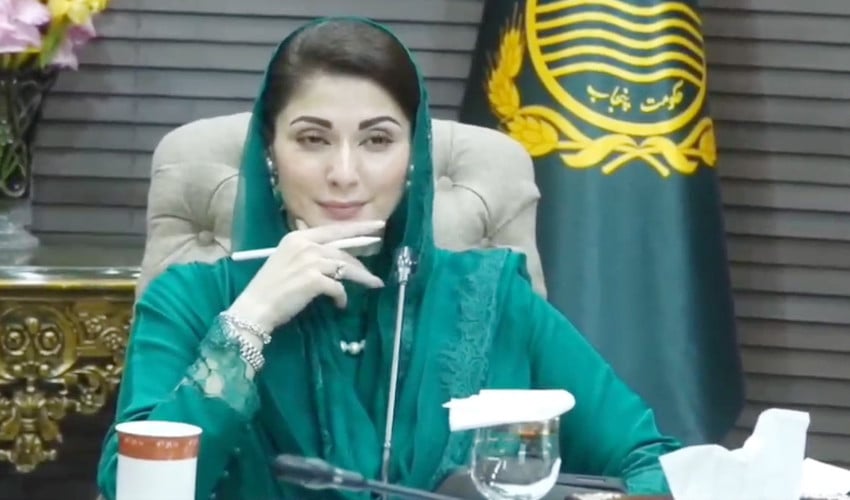LAHORE: Exuberant political figures fulfill their ceremonial duty of representing their people at the state level, but the multitude of daily complaints that beset citizens necessitate a ground-level governance structure. Nevertheless, as long as successive governments continue to postpone holding municipal elections, countless unfortunate residents will be forced to drive through dilapidated roads flooded with seeping sewage water.

Nine years have passed since Punjab’s last local government elections, but there is still no indication that Maryam Nawaz’s PML-N government will be able to hold elections this year. This is because the proposal to amend the Local Government Ordinance, 2021 has stalled any progress toward creating a local government that could alleviate the suffering of the people against the backdrop of an unfavorable political and economic climate in the country.
A number of residents of the provincial capital vented their complaints to the Express Tribune about the state of their deteriorating streets, roads, sewerage lines, and other infrastructure, which in the absence of a local government system caused them a great deal of trouble on a daily basis. In the past, when the local government structure was in existence, these problems were promptly remedied. The villagers were enraged, saying, “At this point, there’s nothing we can do but deal with these problems.
The present Punjabi administration of the Pakistan Muslim League-N (PML-N) was not expected to hold municipal elections until March of the following year, according to government affairs specialist Salman Abid. The nation’s economy is currently in appalling shape, and many are concerned about inflation as well. Under such circumstances, the government’s diminishing popularity makes it improbable that they would win the elections, in contrast to previous instances where the PML-N government triumphed in the 2015 local body elections. As a result, the legislature would adopt the ordinance, alter the current Act, and then address the constituents. But in order to improve efficiency, the government must create constituencies, which the Election Commission must do, according to Abid’s analysis.
The Punjab government, according to Express Tribune sources, intends to make significant changes to the local government system. These changes include creating urban and rural divisions, doing away with electronic voting, and appointing administrators to the new system, which will include Chairman and Vice Chairman positions for Tehsil, District, and Union Councils (UC).
In the first month of her administration, Chief Minister Maryam Nawaz established a committee, which is currently working on the Local Government Act. This month, the Assembly will consider this Act, and elections will follow shortly after. The new local government structure seeks to uphold the spirit of the Constitution while aiming for strength in the areas of politics, finances, and administration. Young people and women will also have seats in the new system.
Union Councils will have the authority to settle local disputes, and town, municipal, and metropolitan committees as well as municipal and metropolitan companies will be established. In addition, the Union Council will have the authority to oversee sanitation, water, and solid waste management—all crucial components of the local government structure. Authorities will be transferred to local governments in development projects, and responsibilities at various governmental levels will be clearly defined.
The Union Council budget would be increased by the government, building on the Rs. 0.3 million that the PML-N previously allocated. In addition, Union Councils will be able to produce their own resources through the implementation of capacity-building projects, as stated by Provincial Local Government Minister Zeeshan Rafiq.











































